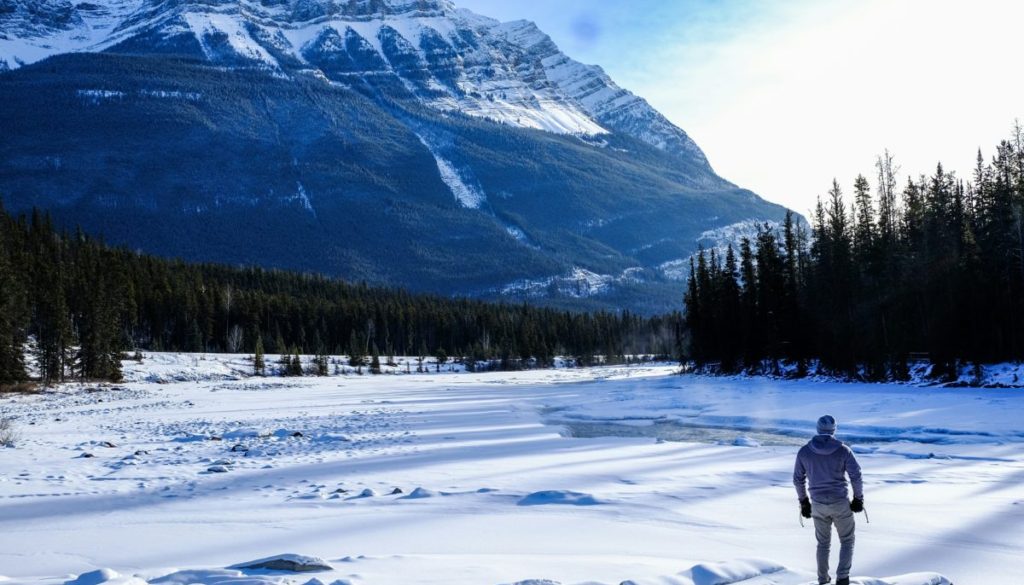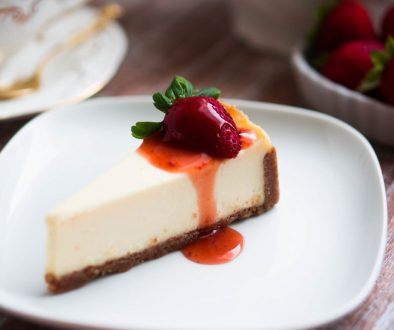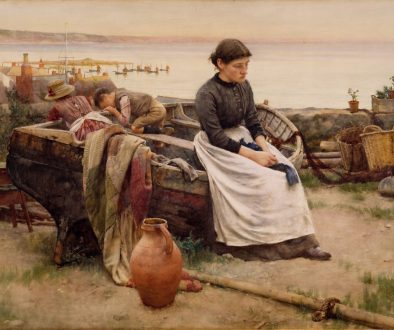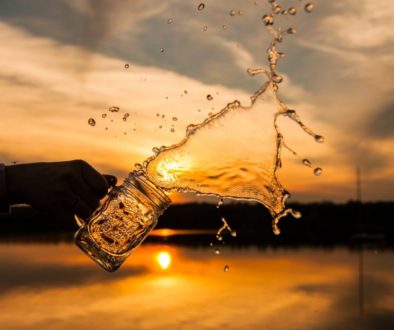Chapter 2 – Who We Are

- What is the speaking background of the Métis population?
Both French and English
- What are Quebecers?
The people of Quebec
- Quebecers are the descendants of what groups?
French settlers from the 1600s and 1700s
- Who recognized in 2006 that the Quebecois form a nation within a united Canada?
The House of Commons
- When did the House of Commons recognize that the Quebecois form a nation within a united Canada?
2006
- In becoming Canadian, which principles are newcomers expected to embrace?
Democratic
- Who were the English-speaking settlers?
English, Welsh, Scottish and Irish
- Who are generally referred to as “English Canadians”?
The Anglophones
- Since the 1800s, where were the majority of Canadians born?
Canada
- Regarding diversity, as what is Canada often referred?
A land of immigrants
- Since the 1970s, from where do most immigrants come from?
Asia
- After English, what is the second most-spoken non-official language in Canadian homes?
Chinese
- To which religious affiliation do the great majority of Canadians identify?
Christian
- Who is Marjorie Turner-Bailey?
An Olympian and descendant of black Loyalists
- In Canada, gays and lesbians enjoy the full protection of and equal treatment under the law, including access to civil marriage
True
- Which of the following statements about residential schools is false?
Aboriginal people demanded to be placed in residential schools
- What percentage of Aboriginal people are First Nations?
65
- What percentage of Aboriginal people are Inuit?
4
- What percentage of Aboriginal people are Métis?
30
- How many Acadians were deported from their homeland during the war between Britain and France?
More than two thirds
- From which civilization does Canadian society stem largely from?
English-speaking and French-speaking Christians
- Anglo-Quebecers have a heritage of:
250 years
- Since the 1800s, the majority of Canadians were born in:
Canada
- Canada is not the only constitutional monarchy in North America
False
- What is the key phrase in Canada’ s original constitutional document?
Peace, Order and Good Government
- What is the name of Canada’ s original constitutional document?
The British North America Act
- Name three beliefs that have enabled Canadians to build a prosperous society in a rugged environment?
Hard work, fair play and ordered liberty
- What kind of commitment do Canadian institutions uphold?
Peace, Order, and Good Government
- As what have poets and songwriters hailed Canada?
The “Great Dominion”
- Who are the three founding peoples of Canada?
Aboriginal, French, and British
- From where were the ancestors of Aboriginal peoples believed to have migrated?
Asia
- Aboriginal and Treaty rights are not in the Constitution
False
- When were Aboriginal territorial rights first guaranteed?
1763
- Who proclaimed the first territorial right guarantee for the First Nations?
King George III
- When did the federal government place many Aboriginal children in residential schools?
From the 1800s until the 1980s
- To what does the term “Indians” refer?
All aboriginal peoples who are not Inuit or Métis
- When did the term “First Nations” begin to be used?
In the 1970’s
- How many First Nations people live on reserve land today?
About half
- What are the three main groups of Aboriginal peoples?
First Nations, Métis and Inuit
- Who was John Buchan?
A popular Governor General of Canada
- What was the view on immigration of John Buchan, a popular Governor General of Canada in the 1930’s?
Unity in diversity
- What does the word “Inuit” mean?
“The people”
- Where do Inuit people live?
In scattered communities across the Arctic
- Who are the Métis?
A distinct people of mixed Aboriginal and European ancestry
- Where do the majority of the Métis live?
Prairie provinces
- What is the speaking background of the Métis population?
Both French and English
- What is the name of Metis dialect?
Michif
- Which group of Aboriginal peoples has the largest population in Canada?
First Nations
- What are Canada’s two official languages?
English and French
- The federal government is required by law to provide services throughout Canada in
English and French
- Who are Anglophones?
People who speak English as a first language
- Who are Francophones?
People who speak French as a first language
- How many Anglophones are there in Canada today?
18 million
- How many Francophones are there in Canada today?
7 million
- In which province do the majority of Francophones live?
Quebec
- Which province is the only official bilingual province?
New Brunswick
- Acadians are the descendants of what groups?
French colonists who began settling in what are now the Maritime provinces in 1604
- What was the “Great Upheaval”?
The deportation of more than two-third of Acadians from their homeland between 1755 and 1763


